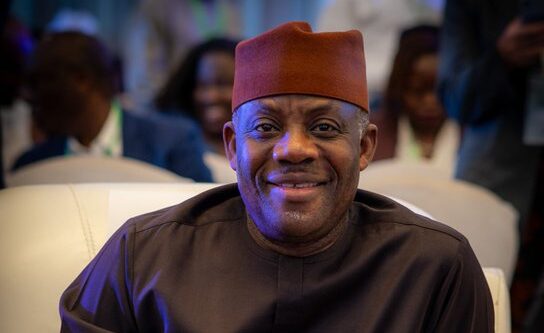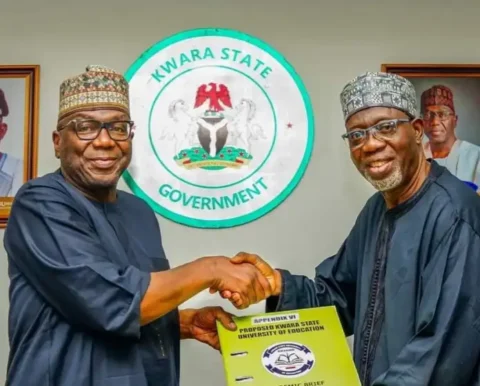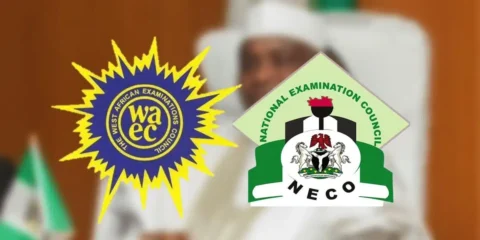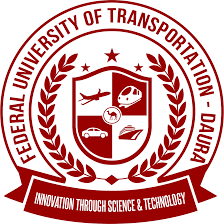The Federal Government has announced the introduction of a newly revised basic education curriculum aimed at shaping patriotic, socially responsible citizens while preparing Nigerian pupils with modern skills for the future.
According to a document from the Federal Ministry of Education, the curriculum review is part of the reforms initiated under the Minister of Education, Dr. Tunji Alausa. The revised national framework for basic, secondary, and technical education will officially take effect in the 2025/2026 academic session.
The ministry explained that the new structure is designed to reduce content overload while aligning classroom learning with 21st-century realities. A stronger emphasis will be placed on Civic Education at all levels to reinforce national consciousness, strengthen trust in democratic institutions, and prepare young people for active citizenship.
Teachers are expected to undergo reorientation programmes to enable them deliver the revised modules effectively.
“Civic Education is being mainstreamed to instill unity, responsibility, and patriotism,” the document stated. “From basic to post-basic levels, students will be taught their roles in nation-building, with schools serving as hubs for rebuilding confidence in democratic systems.”
Beyond civic values, the curriculum incorporates entrepreneurship, digital literacy, life-readiness competencies, and critical thinking.
Under the new arrangement:
Primary 1–3 pupils will study between 9 and 10 subjects, including English Studies, Mathematics, Nigerian Languages, Basic Science, Physical and Health Education, Christian Religious Studies/Islamic Studies, Nigerian History, Social and Citizenship Studies, Cultural and Creative Arts, and Arabic (optional).
Primary 4–6 pupils will take 10 to 12 subjects, including Basic Digital Literacy and Pre-Vocational Studies, with French and Arabic as optional subjects.
Junior Secondary School students (JSS 1–3) will offer 12 to 14 subjects, including Business Studies, Digital Technologies, Nigerian History, and a compulsory trade subject such as Solar Photovoltaic Installation, Fashion Design, Farming, Cosmetology, or Computer Hardware Repairs.
Senior Secondary School students will offer 8 to 9 subjects, with options including sciences, social sciences, arts, vocational studies, and trade subjects.
Technical School students will take between 9 and 11 subjects tailored to skill acquisition.
In addition to the academic reforms, the government stressed that improved school nutrition will complement the new curriculum. Dr. Alausa highlighted the importance of linking child nutrition with brain development and learning outcomes, pledging support for feeding programmes at early childhood and primary levels.
The Federal Government said these interventions are expected to improve school enrollment, enhance cognitive performance, and reduce absenteeism among pupils.





